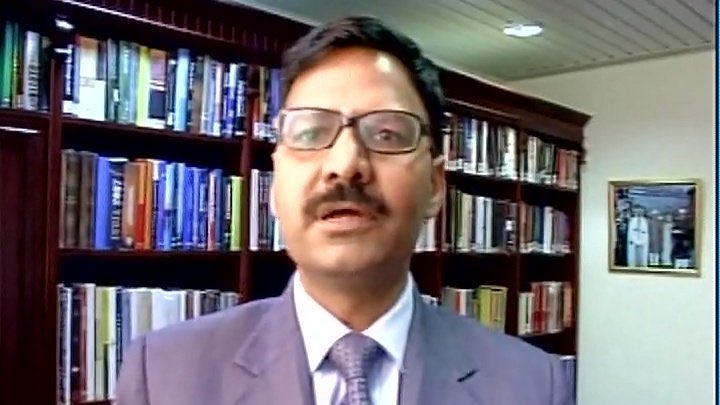A senior Punjab cadre IPS officer, Pavan Kumar Rai was the Head of Indian intelligence in Canada. He has been fired after Justin Trudeau of Canada claimed that India was complicit in the murder of Khalistani terrorist and leader of the Khalistan Tiger Force (KTF), Hardeep Singh Nijjar.
He was purportedly the Canadian station chief of India’s intelligence agency Research and Analysis Wing (RAW).
Advertisement
In a breach of protocol, Rai’s name was leaked to the Canadian media by the country’s foreign ministry .
53-yr-old Rai had a close professional relationship with former R&AW chief Samant Kumar Goel, who is also from the Punjab cadre of the Indian Police Service. Rai’s experience eventually led to his empanelment for the position of joint secretary or equivalent at the central level in 2018.
Since July 1, 2010, Pavan Kumar Rai, an IPS officer from the Punjab cadre of the 1997 batch, has been serving in a central deputation.
He served as Director in the Cabinet Secretariat before being named Joint Secretary of the Ministry of External Affairs (MEA) in December 2018.
The position of Superintendent of Police was held by Rai at CID Amritsar prior to his central deputation during his time in Punjab. In July 2008, Rai was promoted as Senior Superintendent of Police in Jalandhar.
Meanwhile, India has angrily refuted and called “absurd” the allegations made by the Canadian government.
The murder of Khalistani terrorist Hardeep Singh Nijjar on June 18 was allegedly covered up by India, according to Canadian Prime Minister Justin Trudeau on Tuesday. As a result, Melanie Joly, Canada’s foreign minister, removed Pavan Rai Kumar, a “top Indian diplomat”.
Notably, no arrests have been made by the Canadian authorities in relation to the shooting death of Khalistani terrorist Hardeep Singh Nijjar in British Columbia at the hands of unknown gunmen.
According to a few Indians living overseas, the choice to expel the Indian envoy appeared to have been done in order to relieve Justin Trudeau of the pressure from the Khalistani organisations. According to reports, Justin Trudeau’s remarks condemning Khalistani radicals in India infuriated the Khalistani organisations.
After Nijjar’s murder, pro-Khalistani organizations began targeting Indian embassy employees in Ottawa, Toronto, and Vancouver.
Khalistani leaders openly threatened Indian diplomats, including the high commissioner of India, Sanjay Kumar Verma, and the Attorney General of India, Apoorva Srivastava, through posters and banners.
However, the Khalistani fanatics and the temple vandalism have not yet been dealt with by Canadian authorities.
Regarding Khalistani extremism, Trudeau had stated during his trip to India for the G20 Summit that “actions of the few do not represent the entire community or Canada.”











